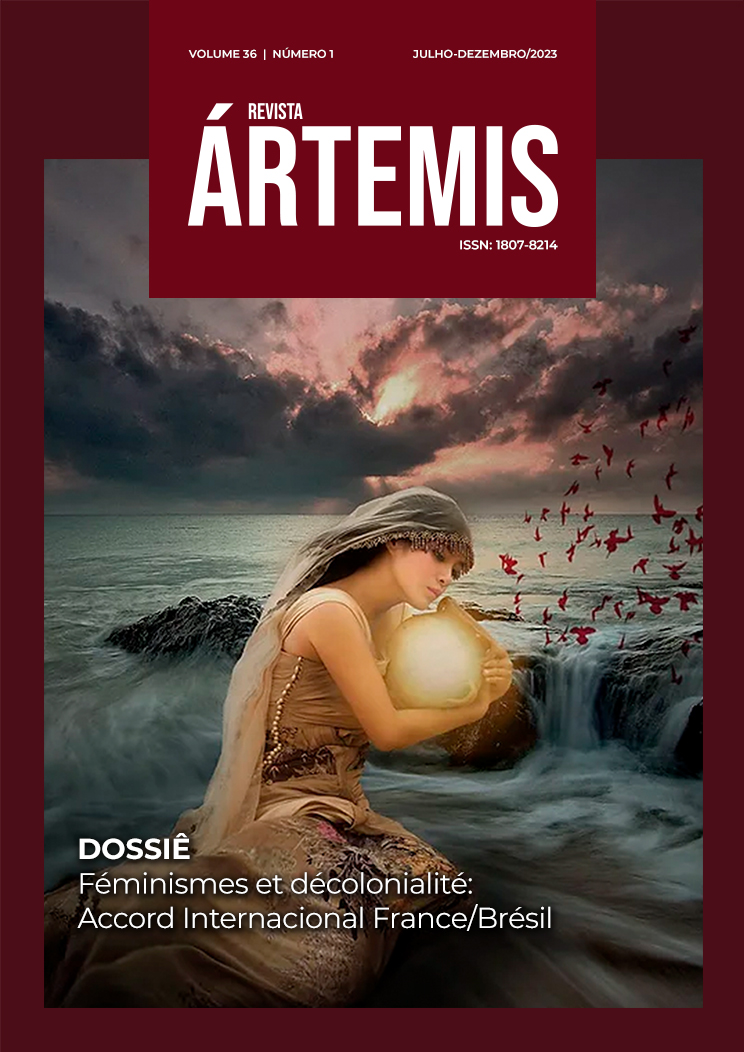Experienced masculinities in a group of male university students from southwestern Colombia
DOI:
https://doi.org/10.22478/ufpb.1807-8214.2023v36n1.66454Keywords:
Masculinities. Gender, University education. Young peopleAbstract
The article presents part of the results of a research whose fieldwork was carried out in 2019 and the first quarter of 2020 on university masculinities in young male university students from the southwest of Colombia. Objective. To address the influence of institutions in the configuration of masculinities and their socio-historical and essentialist foundations. Methodology. Historical hermeneutic approach, the complementarity of methods and techniques. Theoretically, Judith Butler’s gender performative perspective is assumed, as well as psychoanalysis and phenomenology approaches. Results and conclusions. Being masculine is a complex and permanent social construction organized by the subject in the institutional environment, with the mediation of socialization agents. The subjectivities configured depend on the capital, habits and the personal and social trajectory of each student. Young men do not have clear routes to deal with alternative masculinities; these occur along the way. Among university students, there are contrasts between coupling and insubordination in the face of hegemonic masculinities.







